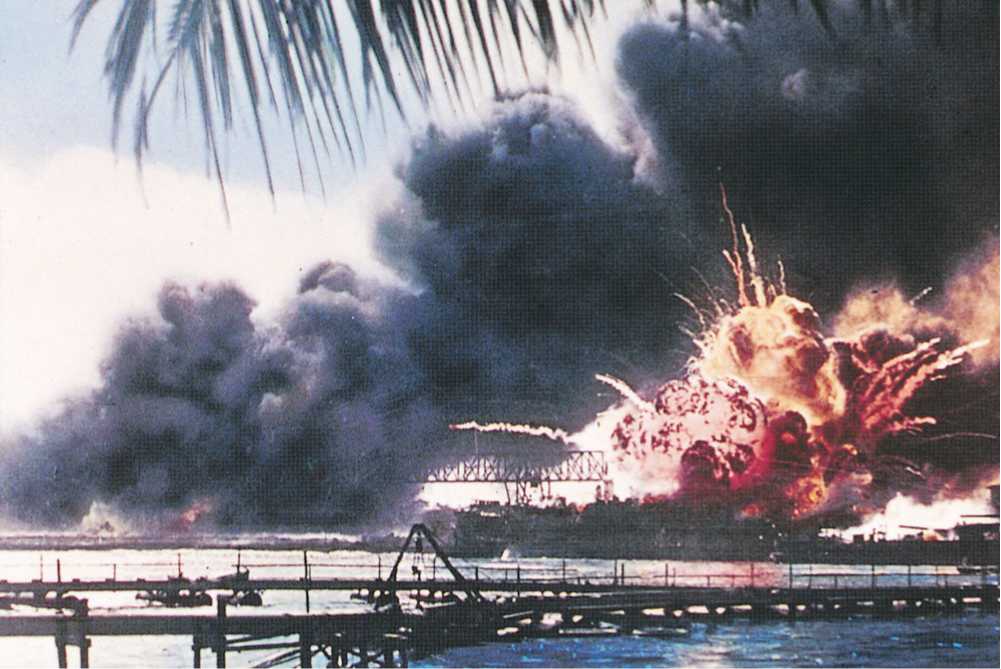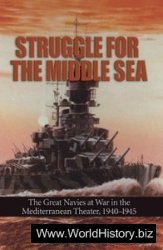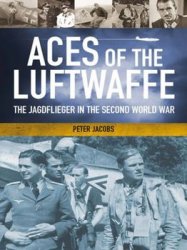Neither the United States nor Japan wanted war. Roosevelt considered Germany by far the more dangerous enemy and was alarmed by the possibility of simultaneously fighting German armies in Europe and Japanese forces in the Pacific. In the spring of 1941 Secretary of State Cordell Hull conferred in Washington with the Japanese ambassador, Kichisaburo Nomura, in an effort to resolve their differences. Hull showed little appreciation of the political and military situation in East Asia. He demanded that Japan withdraw from China.
Japan might well have accepted limited annexations in the area in return for the removal of American trade restrictions, but Hull seemed bent on converting the Japanese to pacifism by exhortation. He insisted on total withdrawal, to which even the moderates in Japan would not agree. When Hitler invaded the Soviet Union, thereby removing the threat of Russian intervention in East Asia, Japan decided to complete its conquest of China and occupy French Indochina even at the risk of war with the United States. Roosevelt retaliated (July 1941) by freezing Japanese assets in the United States and clamping an embargo on oil. He hoped that the
Japanese war machine, deprived of American oil, would grind to a halt.
Now the ultranationalist war party in Japan assumed control. Nomura was instructed to tell Hull that Japan would refrain from further expansion if the United States and Great Britain would cut off all aid to China and lift the economic blockade. Japan promised to pull out of Indochina once “a just peace” had been established with China. When the United States rejected these demands, the Japanese prepared to assault the Dutch East Indies, British Malaya, and the Philippines. To immobilize the U. S. Pacific fleet, they planned a surprise air attack on the Hawaiian naval base at Pearl Harbor.
An American cryptanalyst, Colonel William F. Friedman, had cracked the Japanese diplomatic code: The Japanese were making plans to attack in early December. But in the hectic rush of events, both military and civilian authorities failed to make effective use of the information collected. They expected the blow to fall somewhere in East Asia, possibly the Philippines.
The garrison at Pearl Harbor was alerted against “a surprise aggressive move in any direction.” The commanders there, Admiral Husband E. Kimmel and General Walter C. Short, believing an attack impossible, took precautions only against Japanese sabotage.

Japan's surprise attack on Pearl Harbor on December 7, 1941, killed more than 2,400 American sailers and soldiers and thrust the United States into World War II. President Roosevelt asked Congress for a declaration of war the next day, calling the attack ”a date that will live in infamy.”
Thus when planes from Japanese aircraft carriers swooped down upon Pearl Harbor on the morning of December 7, they found easy targets. In less than two hours they reduced the Pacific fleet to a smoking ruin: two battleships destroyed, six others heavily battered, nearly a dozen lesser vessels put out of action. More than 150 planes were wrecked; over 2,400 soldiers and sailors were killed and 1,100 wounded.
Never had American armed forces suffered a more devastating or shameful defeat. The official blame was placed chiefly on Admiral Kimmel and General Short. They might well have been more alert, but responsibility for the disaster was widespread. Military and civilian officials in Washington had failed to pass on all that they knew to Hawaii or even to one another. On the other hand, the crucial intelligence about the coming attack that the code breakers provided was mixed with masses of other information and was extremely difficult to evaluate.
On December 8 Congress declared war on Japan. Formal war with Germany and Italy was still not inevitable—isolationists were far more ready to resist the “yellow peril” in Asia than to fight in Europe. The Axis Powers, however, honored their treaty obligations to Japan and on December 11 declared war on the United States. America was now fully engaged in another great war, World War II. (The Great War fought by the previous generation was now identified as World War I.)




 World History
World History









